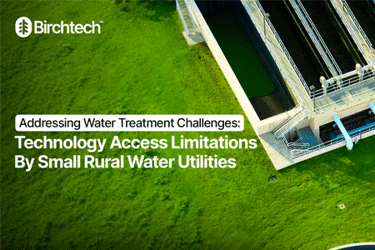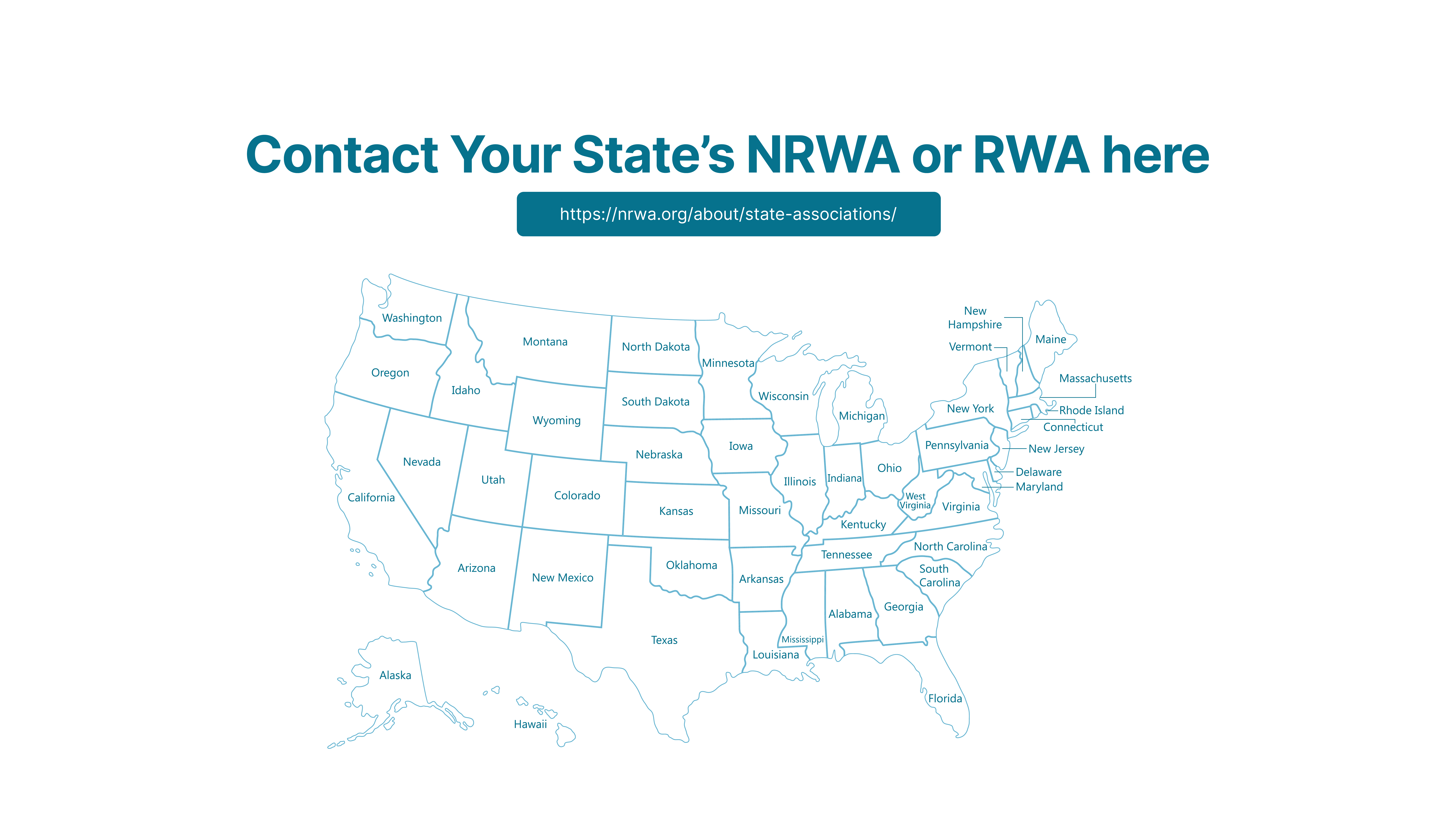Addressing Water Treatment Challenges: Technology Access Limitations By Small, Rural Water Utilities

With aging infrastructures, lean and limited personnel, lower budgets, and less accessible, often remote locations, smaller and rural water treatment plants are challenged in maintaining operations while understanding new and important technologies in improving contaminant removal in water treatment. With 90% of the U.S. population relying on approximately 50,000 community water utilities for clean water, access to affordable and quick results for contaminant analysis, as well as understanding new technologies in water treatment, is imperative to ensure clean water to smaller communities.

1. Work with Rural Water Association (RWA) organizations which are organized for each state and U.S. territories. The National Rural Water Association (https://nrwa.org) is a non-profit organization dedicated to training, supporting, and promoting the water and wastewater professionals that serve small communities across the United States. All fifty U.S. states have their own RWA organization to support small and rural utilities via a variety of programs and resources including technical assistance, finance centers, loan funds, circuit riders, training, and other support mechanisms for rural water utilities.

2. Consider partnering with regional environmental consulting firms. There are many companies who have environmental engineers on staff that are dedicated to working with small utilities in their select geographic region. These firms can provide consulting and engineering services as well as potential assistance in sourcing of various forms of funding including grants.
3. Partner with companies who have relationships with environmental engineers, state RWA entities, technology providers, and treatment media manufacturers. Birchtech (https://www.birchtech.com) is an example of a company that has a team of industry experts with decades of experience in optimizing activated carbon technologies along with multiple relevant and industry partner relationships. Its technical sales team can navigate a utility’s most difficult questions providing guidance in the efficient removal of contaminants from water and wastewater streams. With new, state of the art laboratory design centers dedicated to expert analysis in the removal of contaminants in potable water, Birchtech’s proprietary RSSCT capabilities determine the effectiveness of various media in removing contaminants. These lab tests yield rapid, accurate results at a fraction of the cost of pilot-scale field testing. Birchtech also has the ability to thermally reactivate a utility’s spent carbon and compare its performance to virgin carbon and other media, thus providing performance data for a utility to make optimal decisions to allow for the most cost effective compliance solutions.
When faced with treatment of emerging contaminants and new environmental regulations, small and rural utilities should consider utilizing all available resources to assist in meeting their technical challenges. Contact Birchtech at sales@birchtech.com to discuss your specific utility challenges, referrals to your state’s RWA, and helpful technical guidance.
Author:
Dennis Baranik, Director of National Sales, Birchtech, is a seasoned executive with leadership experience in environmental technologies and activated carbon sectors. Mr. Baranik has been actively working at a senior level for leading activated carbon manufacturers for more than 10 years where he has successfully driven business development, partnerships, sales, and new strategic initiatives.
Executive Contributor: Richard MacPherson, Founder and Chief Executive Officer of Birchtech Corp.
